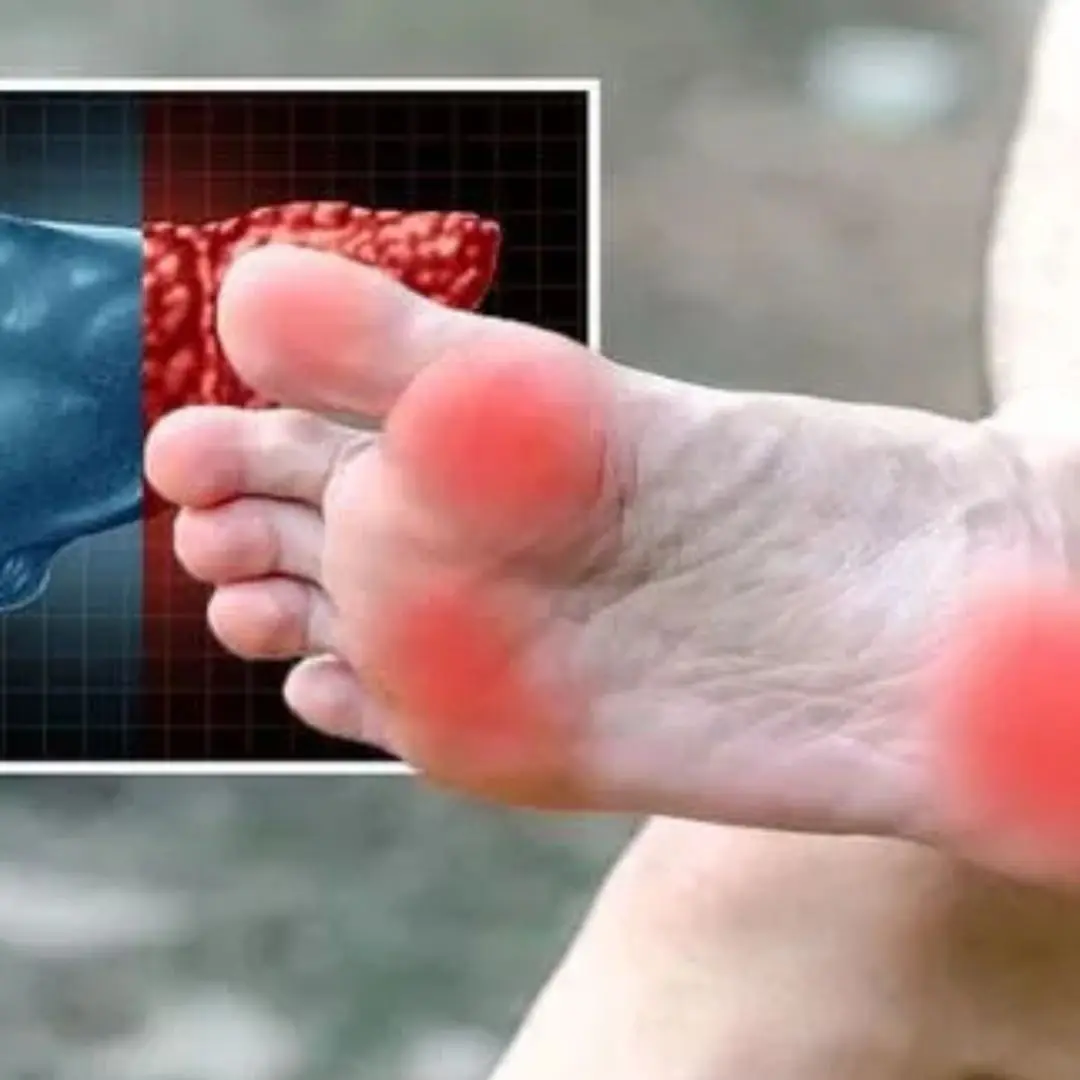
Useful tips to prevent the development of can.cerous cells

Can.cer is a growing health issue that experts are constantly paying attention to, and the hereditary risk of the disease is a common concern for many people. According to experts, some types of cancer can be hereditary, and the cause originates from genetic mutations that directly affect the control of cell division and DNA repair in the body. When this mechanism is disrupted, cells can grow uncontrollably, leading to tumor formation and the development of can.cer.
Many Types of Can.cer Are Linked to Genetic Factors
Many studies have shown the connection between genetic factors and common can.cers such as breast cancer, ovarian can.cer, colorectal can.cer, pancreatic can.cer, and prostate can.cer. Among them, mutations in the BRCA1 and BRCA2 genes are some of the most well-known hereditary factors. People carrying these mutations can pass them on to their offspring. Notably, can.cer in people carrying these mutations often starts at a younger age compared to those without the mutation. For example, breast cancer typically occurs after the age of 60 in the general population, but in people with BRCA1/2 mutations, it may develop between 30-40 years old.
Other types of can.cer, such as colorectal cancer, thyroid can.cer, and even lung can.cer - which was previously associated with environmental factors such as smoking, fine dust, and asbestos - are now also found to have genetic connections.
International studies have shown that if a family member has had can.cer, especially lung can.cer, the risk of others in the family developing the disease is higher compared to people without a family history of can.cer.
Genetic counseling services are being implemented in several large hospitals to help people recognize the risks early, change their lifestyles, and take proactive screening measures.
Some statistics show that hereditary can.cers account for about 5-15% of all can.cer cases.
Genetic Testing for Can.cer Risk
Today, one of the new approaches in can.cer control is genetic testing to detect hereditary mutations. Early detection of genetic abnormalities can help predict the risk of can.cer, allowing individuals to proactively change their lifestyle and set up a health monitoring plan.
However, there are still no official guidelines for diagnosing can.cer through genetic testing. Therefore, this method mainly serves to assess the risk rather than replacing other screening and clinical diagnostic tests.
Changing Lifestyle to Minimize Cancer Risk
While genetics play a role in the risk of cancer, lifestyle and habits are also significant factors in how patients cope with the disease. Therefore, to reduce the risk of can.cer development, it is important to change your lifestyle starting today.
Remember, even if you have a genetic mutation, it does not mean you will definitely develop can.cer. By adopting a healthy lifestyle today, you can minimize the risk:
1. Genetic Testing and Early Genetic Counseling
Genetic testing helps determine if someone carries genetic mutations linked to cancer, allowing for personalized care and monitoring. Those with a family history of cancer, especially breast, ovarian, colorectal cancer, etc., should seek genetic counseling and testing as early as possible.
2. Regular Screening According to Individual Schedules
Those with genetic mutations need to undergo more frequent screenings than the general population. For example, women with BRCA1/2 mutations should start breast cancer screening at 25 instead of waiting until 40, as recommended for those at low risk. Screening methods may include breast MRI, colonoscopy, abdominal ultrasound, cancer marker tests, etc.
3. Adopt a Healthy Lifestyle
Lifestyle plays a crucial role in activating or "calming down" genetic can.cerous cells. Here are necessary lifestyle changes:
- Maintain a healthy weight and avoid obesity.
- Follow a balanced diet, increase the intake of vegetables and fruits, and limit processed foods, red meats, and fried foods.
- Engage in physical activity for at least 150 minutes a week with suitable exercises.
- Avoid alcohol, tobacco, and other stimulants.
- Manage stress, get enough sleep, and maintain a positive mindset.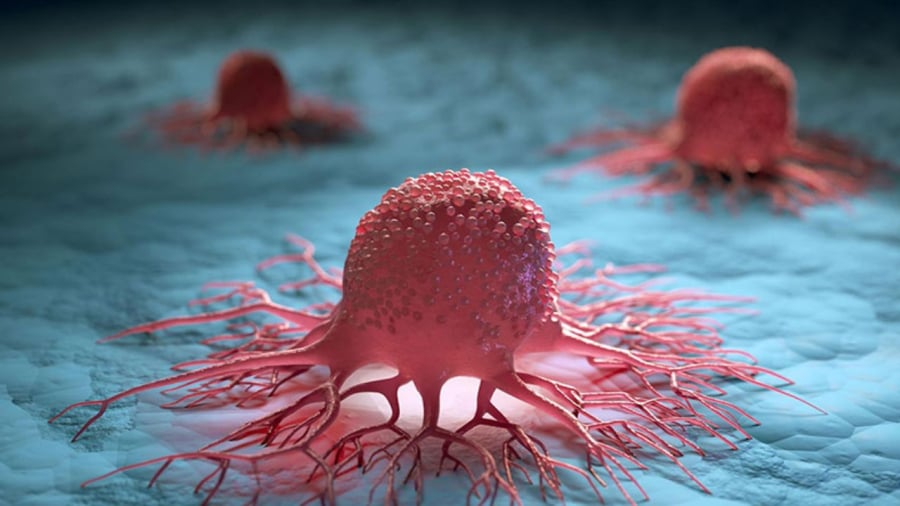
Prevention Tips to Stop Can.cer from Developing
Even with a genetic predisposition, we can still take steps to prevent the development of cancer. Here are some useful tips to protect your health:
1. Maintain a Healthy Diet
- Increase intake of fruits and vegetables, which are rich in antioxidants that help protect cells from da.mage and prevent can.cer.
- Reduce the consumption of processed foods and red meats, which contain preservatives and saturated fats that may increase can.cer risk.
- Limit fried foods: Fried foods can create cancer-causing compounds. Instead, opt for healthier cooking methods like steaming, boiling, or grilling.
2. Exercise Regularly
A sedentary lifestyle can increase the risk of cancer. Regular physical activity not only helps maintain an ideal body weight but also boosts the body's ability to fight cancer by releasing antioxidants.
Control Your Weight
Overweight or obesity increases the risk of many can.cers, including breast cancer, colorectal can.cer, liver cancer, and esophageal can.cer. Maintaining a healthy weight will help reduce the risk of the disease.
Avoid Smoking and Secondhand Smoke
Smoking is a leading cause of lung can.cer and many other can.cers, including oral can.cer, laryngeal can.cer, and esophageal can.cer. Quitting smoking and avoiding secondhand smoke will lower the risk of developing can.cer.
Vaccinations
Vaccines such as the HPV vaccine for cervical cancer and the hepatitis B vaccine for liver cancer can help prevent some virus-related cancers. Consult with your doctor for more information on can.cer prevention vaccines.
Regular Health Checkups
Regular screening and checkups can help detect cancer early, before it becomes a serious issue. Early detection can increase the chances of effective treatment and recovery.
Minimize Exposure to Cancer-causing Agents
Limit exposure to harmful chemicals such as benzene, formaldehyde, and other carcinogens in your environment. Use protective gear when working in high-risk areas.
Stay Positive
Maintaining a positive attitude and reducing stress can help your body stay healthy. Chronic stress can negatively affect your immune system and increase the risk of disease. Find ways to relax, participate in light physical activities, and maintain positive social relationships.
Conclusion
While genetic factors can play a role in the risk of developing cancer, living a healthy lifestyle, eating scientifically, and regularly checking your health can significantly reduce the risk of the disease. Pay attention to early warning signs, implement preventive measures, and live a healthy lifestyle to protect yourself and your family.
Protecting your health is everyone's responsibility, and early cancer detection can greatly improve treatment outcomes.
News in the same category


4 types of food with no expiration date
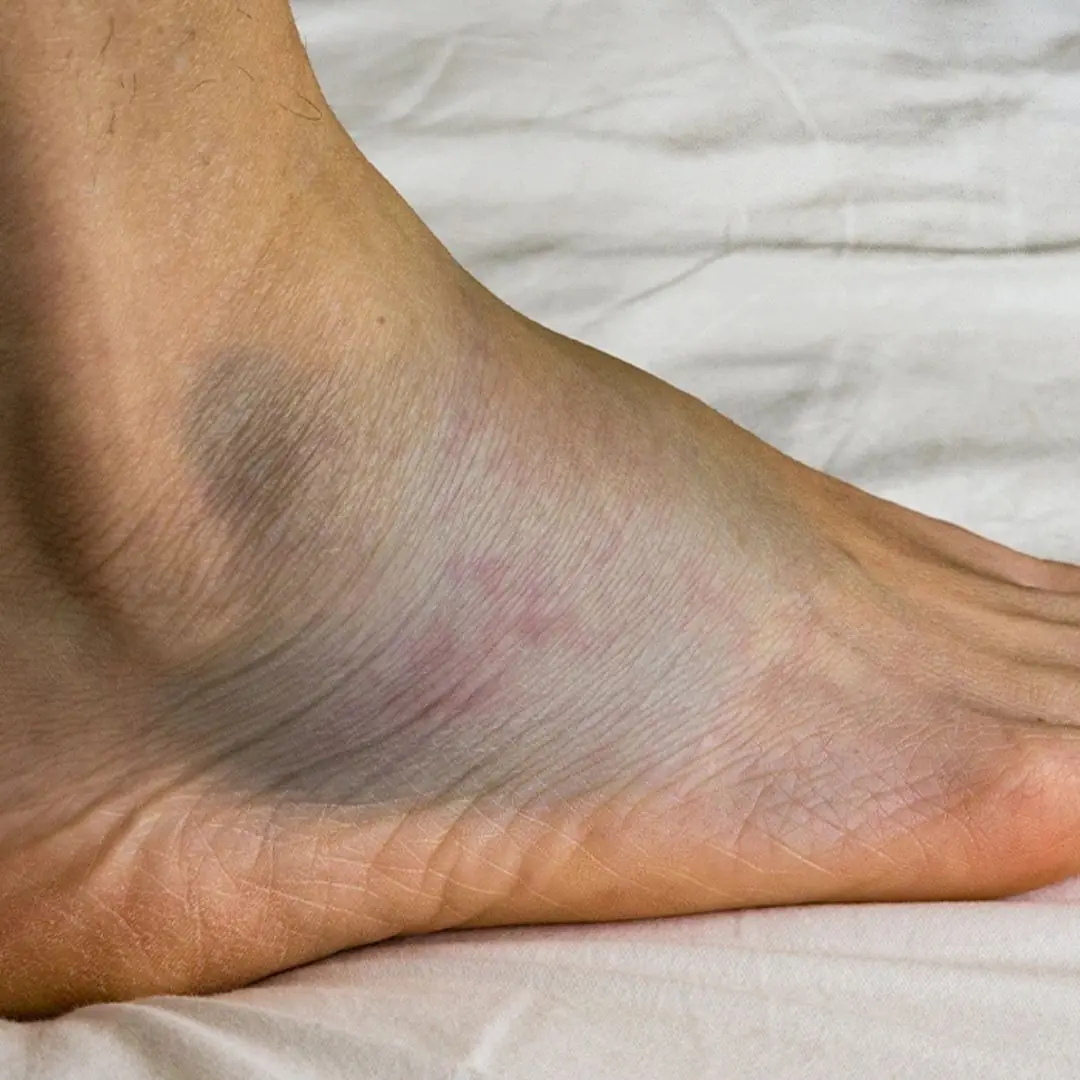
Swollen legs and edema are symptoms of what disease?

Woman Develops Skin Ulcers After 20 Years of Eating Only Boiled Food

Sweet Potatoes Are Healthy, but These 5 Groups of People Should Avoid Them

Seemingly Harmless Habits That Can Cause Can.cer Alarmingly Fast

Doctor shares ho.rrif.ying images that show what six hours of sleep a night will do to your body
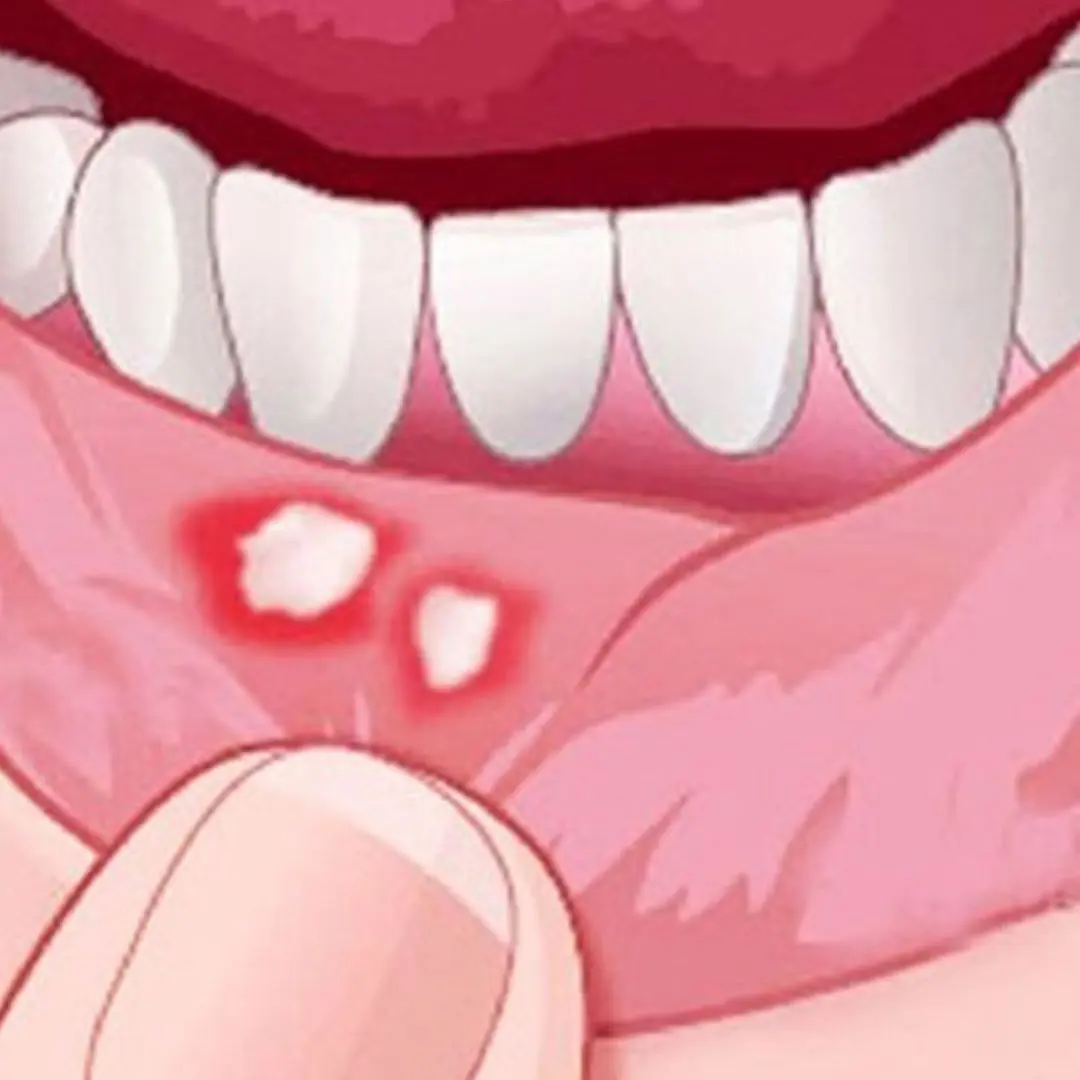
Mouth ulcers keep coming back? Don't ignore the following causes
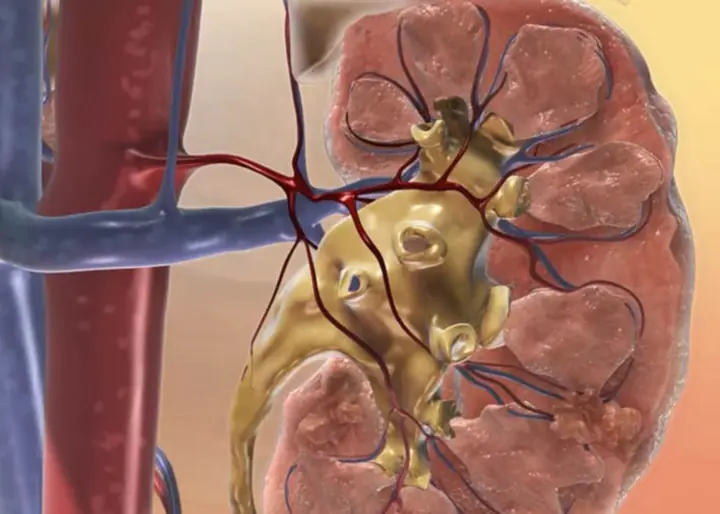
8 Early Signs of Kid.ney Failure You Shouldn’t Ignore

Teeth Grinding in Your Sleep? Here's How to Fix It from Home

No matter how much you like these 3 spices, eat less of them: 1 type is harmful to the kidneys and bones, 1 type is harmful to the liver and causes can:cer, 1 type causes fatty liver.

25-year-old girl's face is paralyzed after 3 days of maintaining a nighttime habit of many people

If you wake up in the morning and feel these 4 things, then SORRY! Kidney disease is growing in your body every day
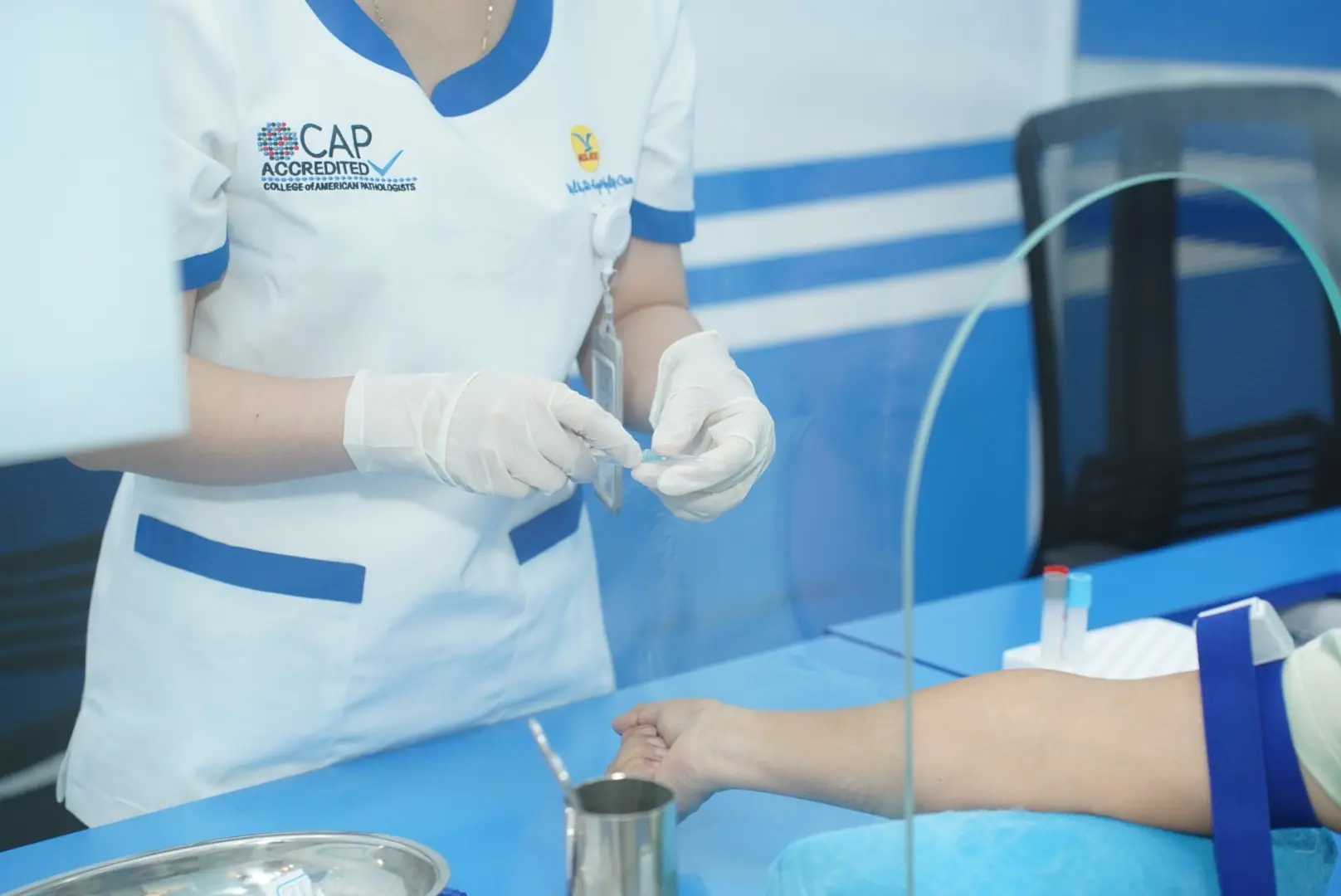
Drinking orange juice every day to 'increase resistance', woman unexpectedly suffers serious consequences

Doctor reveals the "seed" that causes can:cer, advises doing 1 thing to eliminate 90% of the risk
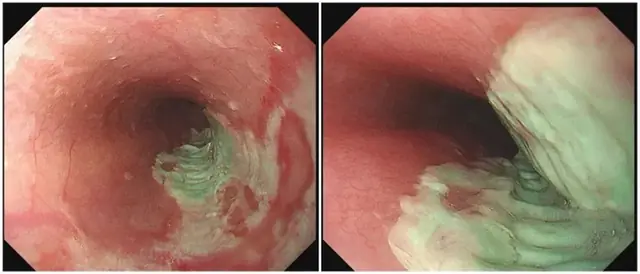
Esophagus "cut off" because of bad habits! Many people like to do this

4 skin changes that warn of liver disease
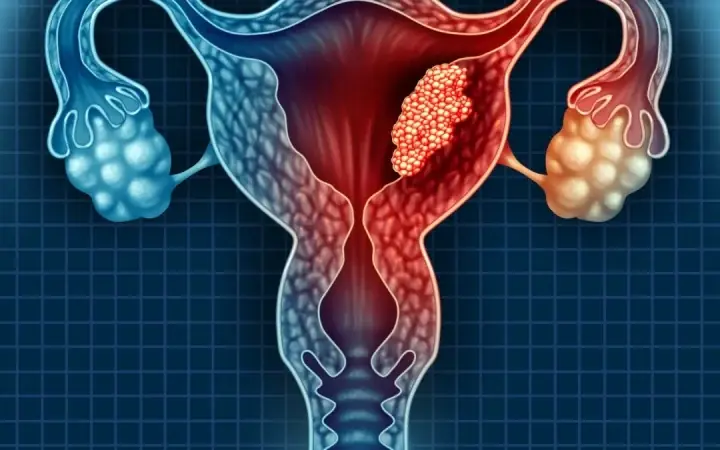
3 Intimate Habits of Husbands That May Increase Wives’ Risk of Cervical Can.cer

6 things that will happen if you don't quit biting your nails immediately
News Post

10 Clever Ways to Reuse Lemon Seeds at Home

Unlocking the Secret Health Benefits of Common Mallow: Nature’s Wonder Herb for Wellness

Essential Knowledge for Growing Cassava Successfully

Fatty liver disease: The sign in your feet that means the condition is irreversible

4 types of food with no expiration date

Scientists issue warning for de.a.dly fungus that 'eats you from the inside out' and it could impact millions

4 ha.rmful types of tomatoes: Even cheap market prices can’t make people buy them

Growing Kale: Planting, Care, and Harvesting Tips

Swollen legs and edema are symptoms of what disease?

Mix white salt with fabric softener, solve many household problems, save a lot of money

Recognizing the Final Signs: Understanding the 11 Symptoms That Indicate De@th Is Near

Pour this into the kitchen sink, and the grease clogging the pipes will dissolve completely

The Hidden Role of the Bed Runner in Hotels: More Than Just Decoratio

Ancient Wisdom Proves True: 4 Signs at Home Indicating You're About to Receive Unexpected Wealt

Just 1 Cup Makes Peace Lilies Bloom with So Many Flowers

Woman Develops Skin Ulcers After 20 Years of Eating Only Boiled Food

Sweet Potatoes Are Healthy, but These 5 Groups of People Should Avoid Them

You’ll Never Believe What Happens When You Put Salt Under Your Bed
